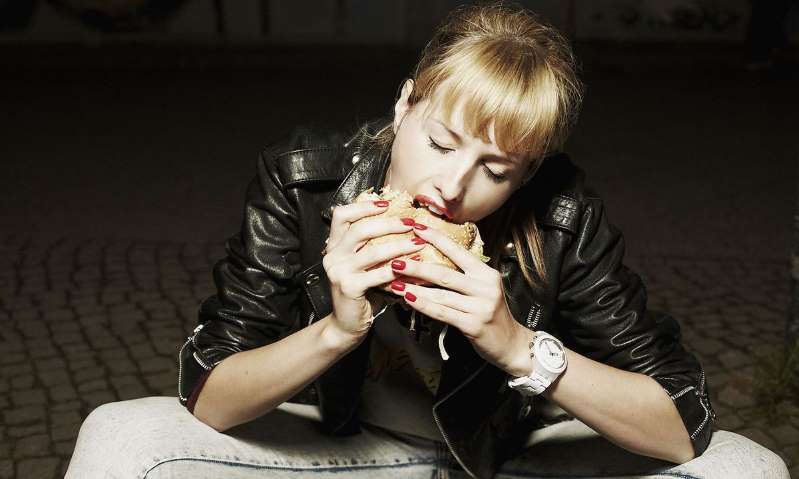
They wallow in colorful rubber snakes, distribute frozen pizza to their screaming followers and give tips on everything you can make out of chocolate brownies. Influencers are the idols of millions of children and young people. Uploading pictures and videos to the internet is their job. And a billion dollar business.
The internet stars advertise junk food and sweets on YouTube, TikTok or Instagram – and thus reach millions of young fans. Food companies such as Haribo, McDonald's and Coca Cola use their reach to market their products specifically to children. This is the result of extensive research by the consumer protection organization foodwatch.
The sugar business
Influencers often enjoy a high level of credibility. “Food companies use this influence to advertise their sweet lemonades, cakes and chocolate bars,” says Heidi Porstner, head of foodwatch Austria.
Some are marked as advertising, but others are not. Children also hardly notice that advertising aims to influence their consumer behavior. It works: on average, around every third boy and every fourth girl in Austria by the age of eight is overweight or obese. “With online marketing, the industry is bypassing parental supervision. It thus goes straight into the children's room and on the cell phones of children and young people ”, says Porstner,
The legal rules of the game do not apply
Advertising aimed at children is generally permitted and not objectionable in itself, but it is subject to stricter rules. The problem from the point of view of consumer protection organizations: The legal regulation still leaves a lot of leeway for dubious advertising cooperations between confectionery and fast food manufacturers and the Internet whisperers.
There are few legal limits for companies if they want to promote food to minors with influencers. In contrast to countries such as Norway, Sweden or Great Britain, there are still no direct legal bans or restrictions on child marketing for unbalanced foods in Austria.
Rules are being sharpened
Influencers have long reached more children and young people on their online channels than conventional media. In the meantime, word has got around in politics. The advertising requirements for broadcasters have also been in effect for other media service providers since the beginning of the year, including influencers who share their messages on video platforms such as YouTube or TikTok.
The new regulations stipulate that media service providers must impose guidelines on themselves as to which advertising of unbalanced foods in the context of children's programs they consider inappropriate. Foodwatch Austria boss Porstner criticizes the new law that there is no supervisory authority that defines and controls uniform rules: “As a legislator, it is hard to beat the absurdity of a company that requires companies to write their own rules. With such an important topic relating to children's health, that is simply far too little. “
That's not true, says Andrea Stoidl, Managing Director of the Advertising Council. The self-regulation code is currently being revised and will be presented again next week. In it, the guidelines are to be refined with a focus on advertising for children and young people.

